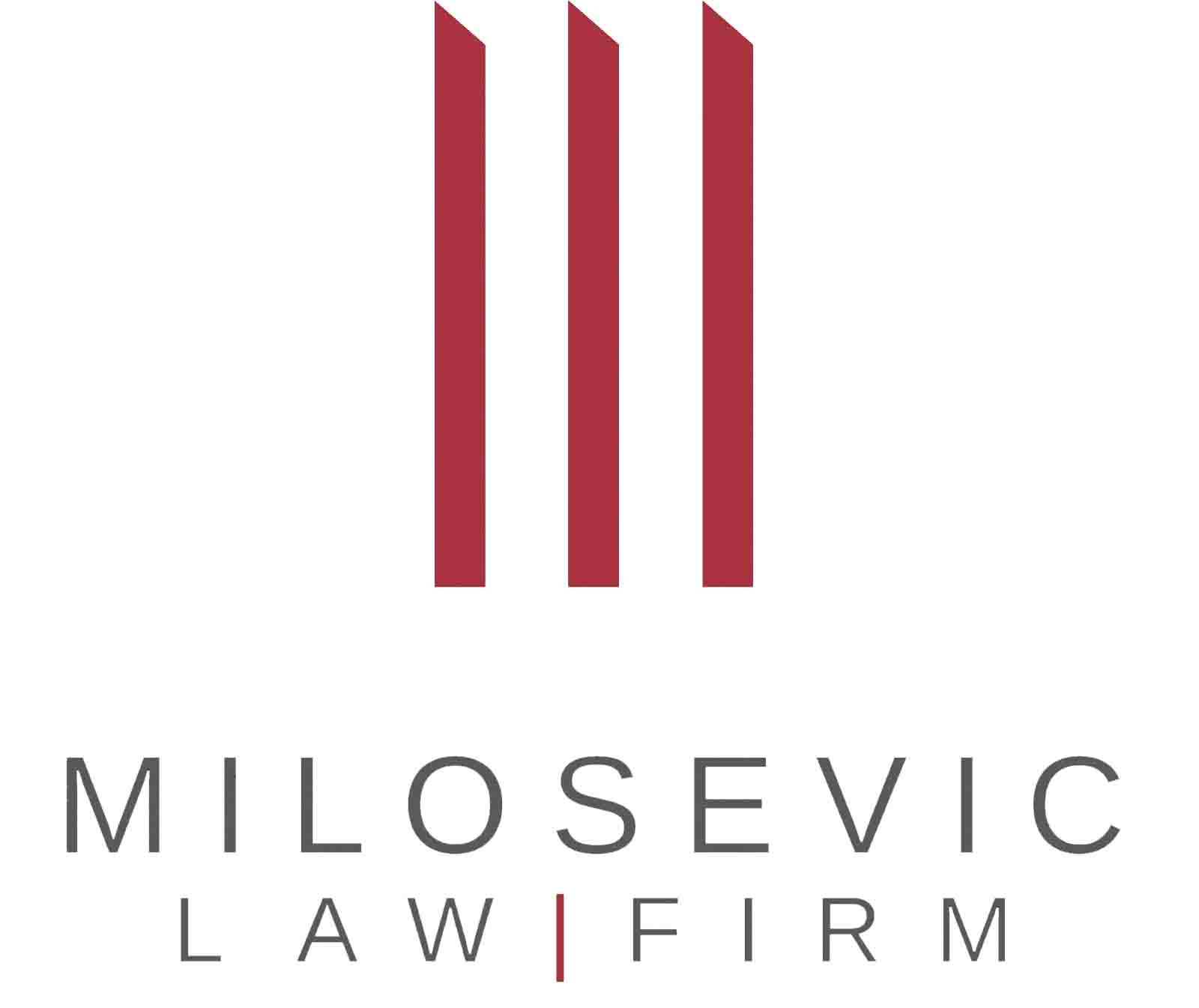The old saying goes that the road to hell is paved with the best of intentions. Likewise, after the crash of the New York Stock Exchange and “Black Monday” on 19 October 1987, businessmen and investors unanimously concluded “Cash is king!”.
In other words, cash flow is what keeps the company alive, what makes it successful, less successful, or, unsuccessful at all. Lack of liquid assets can lead to bankruptcy, even when the company owns assets of such value that bankruptcy would be unthinkable.
In Serbia it often happened, and it still happens, that companies with substantial assets go bankrupt, just because they have a problem with cash flow.
To ensure the liquidity of the company, shareholders often make additional payments or give loans to the company. The company is, of course, obliged to return the received funds to shareholder, however, as loans and additional payments in most cases are made to cover the company’s debts or to invest in working capital (most often in raw materials), and as the company’s expenses are almost as much as the income of the company, there real momentum for the company to return the loan or additional payment to the shareholder often does not exist.
Things can get complicated when a member of the company wants to sell his share, and the buyer of the share insists on buying the company “cash free – debt free”. Therefore, the new owner wants a company without any obligations towards third parties, including the company’s obligations towards its shareholder(s).
For this reason, it is quite often for a shareholder to convert additional payments or his claims based on the shareholder’s loan into the company’s share capital, thus reducing the company’s liability and increasing its own share capital. Of course, the sale of shares in the company does not have to be the basis for a capital increase, but this type of change is most often done in situations where there is a plan in change shareholders of the company.
The conversion of receivables into the company’s share capital, which increases shareholders capital, is carried out based on the decision of the Company’s general meeting.
In accordance with the provisions of the Companies Act (“Official Gazette of RS”, no. 36/2011, 99/2011, 83/2014 – other laws, 5/2015, 44/2018, 95/2018, 91/2019 and 109/2021) (“Law“) the share capital of a limited liability company (“Company“) can be increased in the following ways:
- by new stakes of existing shareholders or shareholders joining the Company;
- by converting Company reserves or profits into share capital;
- by converting (conversion) claims towards the Company into share capital;
- share capital increase as a result of Company consolidation;
- by conversion of additional payments into the share capital.
It is necessary to classify which claims are converted into monetary and which claims into in-kind capital when increasing the share capital by converting claims or additional payments. Only the claim related to the amount actually paid into the Company’s account can be converted into monetary capital, and for this amount, a bank confirmation of payment must be attached. On the other hand, all derivative claims, such as e.g., interest (contractual or default), or claims based on cession agreement by which claims arising from delivered services and goods are transferred, can be converted only into in-kind capital.
Another particularity about conversion procedure concerns shareholder’s additional payment or loan given to the company that was paid in a foreign currency. Since the share capital can only be expressed in RSD, this means that when increasing the basic capital by converting receivables into share capital, the conversion from foreign currency to RSD must be carried out. Conversion from foreign currency to RSD is carried out according to the middle exchange rate of the National Bank of Serbia on the day of the Decision on the Increase of the Share Capital Through Conversion, and not as on the day of the additional payment or loan was made. One may pay special attention to this particularity, because fluctuations in the exchange rates between RSD and foreign currencies apply, and in this respect a significant differences in the amount exchanged on the date of payment and on the date of adoption of the decision on increase of share capital can appear, so caution is required meaning that when converting F/X amount into RSD, the official middle exchange rate that is valid at the time the decision is rendered, applies.
Restrictions regarding the conversion of claims into the company’s share capital or the return of additional payments to the founder are reflected in the impossibility of returning or converting additional payments before the full payment of the registered share capital of the Company. In this regard, it is possible, at the request of the Company’s shareholder who made additional payments, but has not fully paid in the registered share capital of the Company, to first convert the additional payments for registered but unpaid share capital, and this conversion does not increase the share capital, but only fulfils the shareholder’s obligation to pay in the registered share capital. After that the shareholder is entitled to make conversion of remaining amount of receivables into the company’s share capital.
Beside shareholders, the conversion of claims into the Company’s share capital can also be performed by other persons who have claims towards the Company (based on rendered services, delivered goods, loans, etc.), with the fact that in this case, it is necessary that the creditor and the Company, in addition to the above-mentioned procedure, additionally conclude an agreement on the creditor’s accession to the Company.

Recent Comments